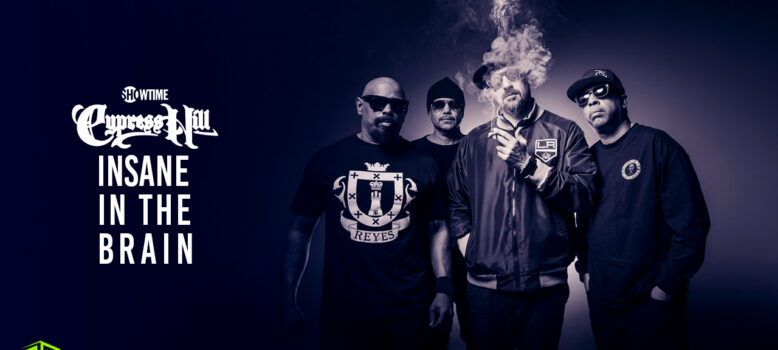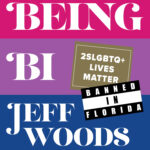
HIP HOP AT 50: Why Cypress Hill is the most original group in hip hop history

There are certain benchmarks musicians need to reach in order to be considered one of the greatest ever.
Longevity helps. If there’s one thing that separates the greatest from the rest it’s a long shelf life. Even if the albums stopped coming years ago, if you can still fill an arena on a semi-regular basis, you are in the top tier of talent.
Next, to achieve true greatness in music, originality doesn’t hurt. Many believe modern-day hip hop doesn’t prioritize an original sound like it used to, and to a certain degree this is true. However, the stand-alone artists from the past decade are still rappers who have managed to stand out in an ocean of mumble rappers and strip club music. Kendrick Lamar, Chance the Rapper, and Joyner Lucas, just to name a few.
Finally, groups that go down in history as having the hardest and longest-lasting impact on the culture are the ones who appealed to audiences beyond hip hop. Public Enemy, for example. Or going back further with Run DMC, or the Beastie Boys. Punk, rock, metal – whatever you want to call white boy noise – has always been a welcomed guest in hip hop.
On this day in 1996, The Simpsons aired the Homerpalooza episode featuring Peter Frampton, Sonic Youth, Cypress Hill and The Smashing Pumpkins. pic.twitter.com/nZKu1TKudF
— Eric Alper 🎧 (@ThatEricAlper) May 19, 2023
No group demonstrates this affinity with a crossover crowd better than Cypress Hill.
I was 15 when The Hill dropped their self-titled, debut album. My friends and I brandished our knowledge of the group’s existence like gladiators, bringing How I Could Just Kill A Man to the local dance club because the DJ wasn’t up to speed. My social circle wasn’t the kind to take no for an answer, and when he played the track the dancefloor began to warp from all of us jumping up and down and going ape shit.
Everything Cypress Hill did was original. The debut album wasn’t selling very well, hitting and peaking at roughly 32 000 albums sold. Then a little movie starring Tupac Shakur came out. Juice, a film I skipped school to see in the theatre, featured How I Could Just Kill A Man for 96 seconds, a massive promotion for the group who then saw album sales spike to the tune of 50 000 units per week.
By the time Cypress Hill released their second album, Black Sunday, they were not just established as a force within hip hop, they were also the newest, and only, ambassadors for legalizing cannabis. The sophomore album became something of legend, the liner notes quoted by Generation Xers to this day. The Hill managed to tap into the activism side of legalization, while putting out music that cemented their image as weed culture artists at a time when publicly praising the plant was more than taboo.

Not since Bob Marley, and Cheech and Chong to a certain extent, had musicians aligned themselves so interchangeably with legalization, and it helped to secure Cypress Hill’s stature among potheads and activists alike.
Finally, you can’t talk about the impact of Cypress Hill without giving a nod to how it helped pave the way for a broader consumption of west coast hip hop. Despite hailing from Los Angeles, their relationships with east coast artists, as well as their ability to stay away from the east coast/west coast, media enabled beef, put Cypress Hill in their own category.
Out of all the groups in hip hop history, Cypress Hill is a stand-alone force, and likely one of its most important. They hit all the key markers, have all the longevity, and probably deserve some credit from the legalization movement who now had celebrity musicians they could turn to for weed anthems that helped grow the legalization movement.
The music, of course, is the nucleus, but it’s the overall identity that helped defined Cypress Hill, and transcended their music that eventually made them legends.









